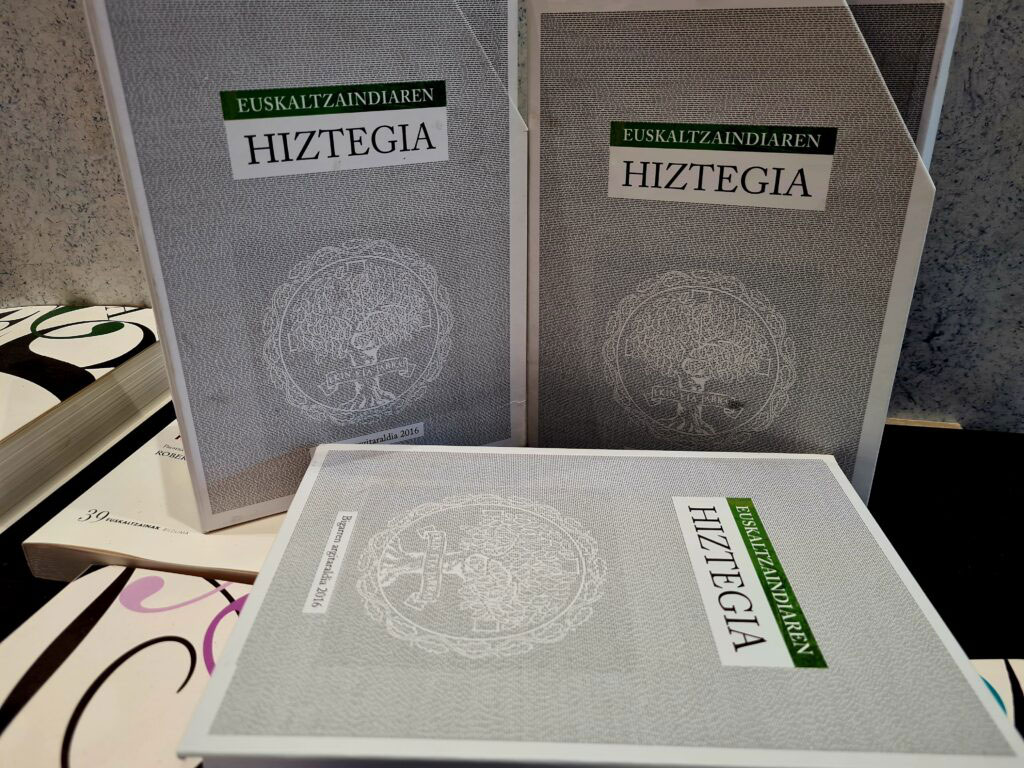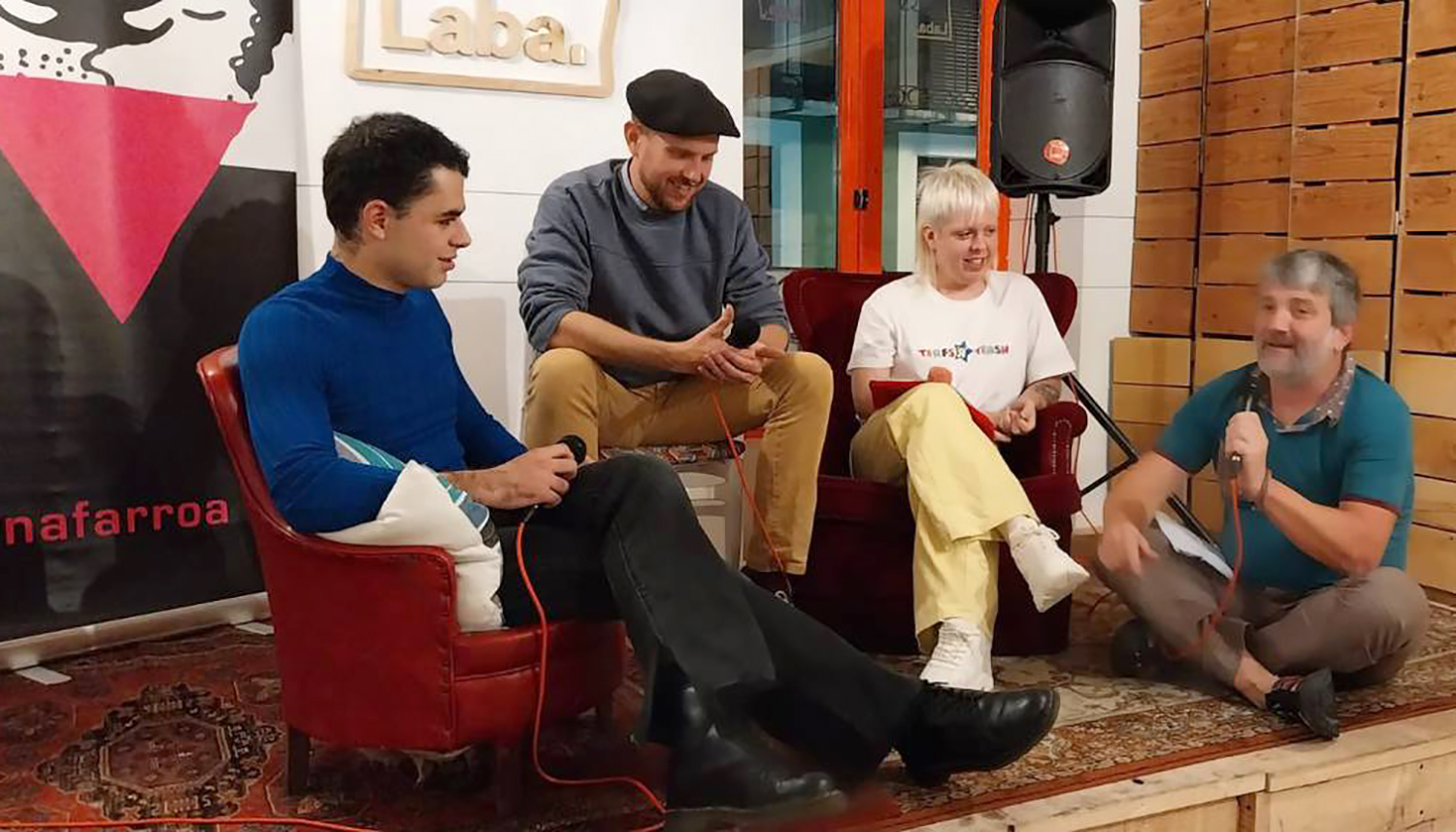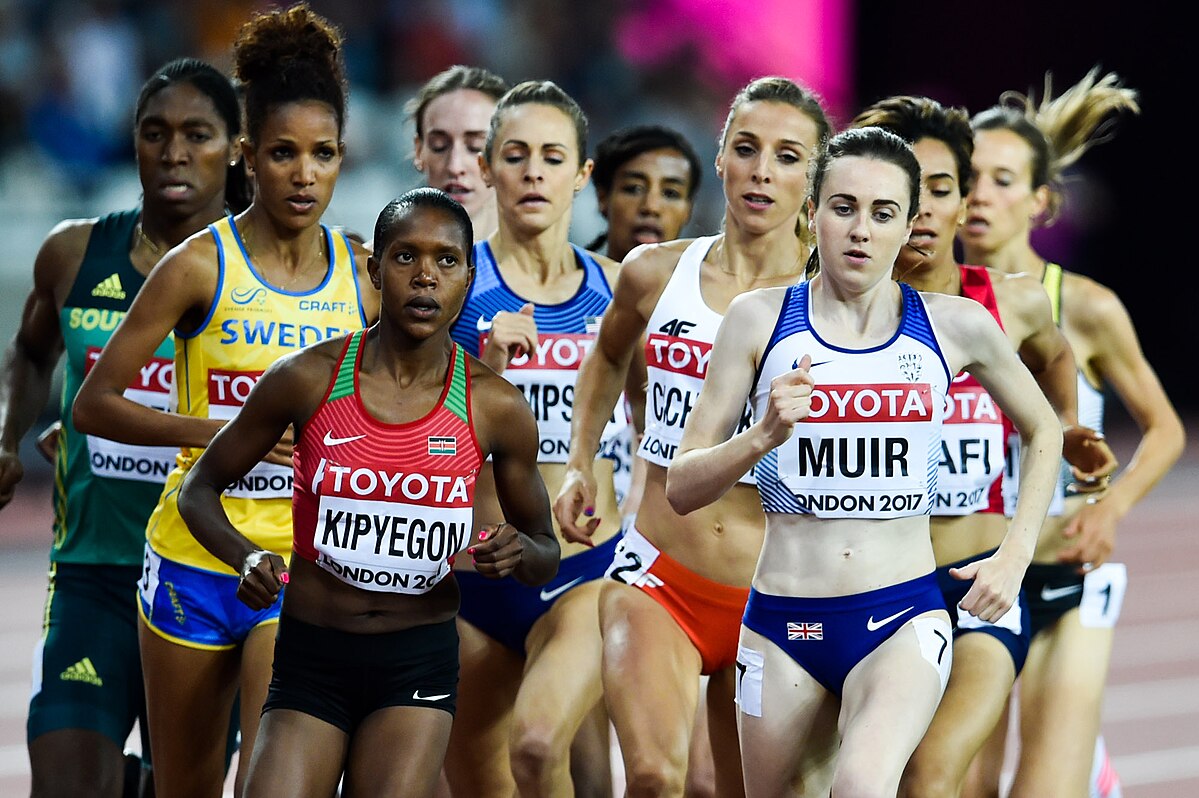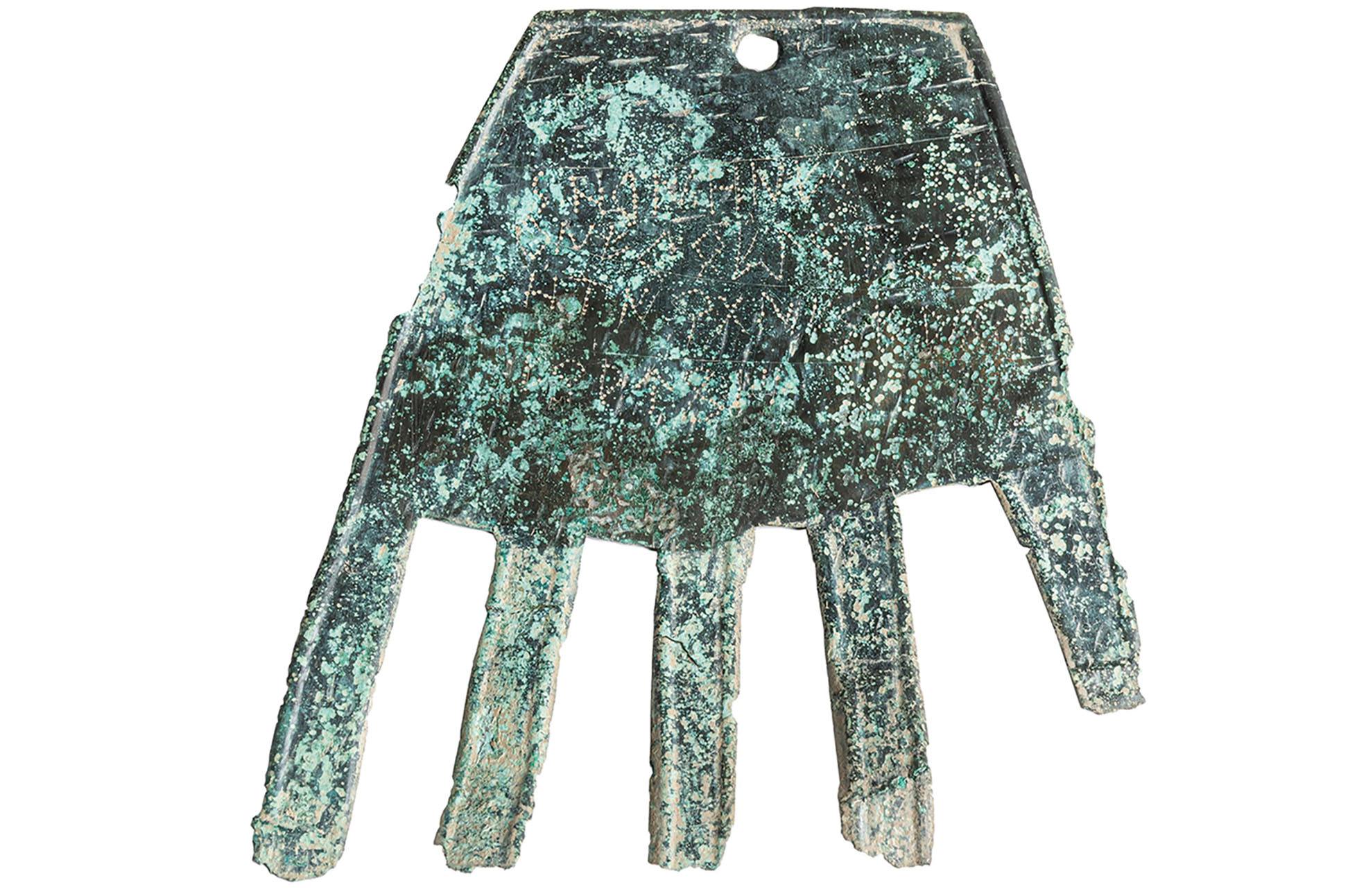"The mixture of Basque and Spanish is not solely due to linguistic competence"
- The linguist Mikel Pérez González is analyzing the alternation of codes used to speak, that is, how the Basques mix the Basque with the Spanish. One of the reasons for alternation is competition in Basque, but Pérez has told more.

The linguist Mikel Perez Gonzalez has been a member of the research group ELIBILAB of the UPV/EHU and currently works as an Basque advisor in the Emun cooperative. He spoke in Euskadi Irratia of the research work that is about to be completed thanks to the Basque Mintzola scholarship. The use of code alternation and the attitude of the Basques will present the work in February.
Perez analyzes the attitudes and uses of the alternative code of the 305 Basques. He has analyzed how competition in Euskera influences the Spanish-Spanish combination, focusing on this variable.
The practice of combining the two languages is not “chaos”, there are some linguistic patterns in this practice. There are three types of phrases identified when talking about alternative code: alternating codes between phrases; one part in one language and another part in another language in the same phrase; and an alternation of code tagged when talking about Euskera, for example, in plan, osea…
Who mixes the two languages and why?
Pérez, in addition to looking at his research, has analyzed the results of research carried out in the Basque Country and internationally, and has highlighted the conclusion that they have obtained: "Code alternation cannot be attributed only to linguistic competence, the only cause of the mix of Basque and Spanish is not linguistic competence". This is what Pérez said in the Basque Country: “Some are trying to fill lexical gaps or have expressive deficiencies, so they alternate both languages, but others are able to express themselves in Basque and yet use Spanish”.
Perez has explained that people with less Basque ability use the alternation code to a greater extent than those with higher ones, because they do not receive the words in Basque, but those who say they have more capacity have other reasons to do the same: to bring the interlocutor closer to the Basque, to make a more informal language or not to do it only in Basque. These answers have given the researcher what to think about: “Whoever has the least competence in Euskera says that alternation does so because the words do not come to him in Euskera; all right, that was predictable. But those with the highest Basque level say they use it to make it more informal, and they want to do it using Spanish.”
Perez has also pointed out more reasons to practice alternation: a kind of rebellion against power; to demonstrate that he also knows Spanish, to somehow show his prestige or status… An example: the speaker who speaks in Basque is more comfortable than in Spanish can use the continuous word, even if he knows to say that in Basque.
By communication situation
It's not the same to talk to parents, to be in the classroom, or to friends. There are more or less alternations depending on the communicative state. In the study he observed that Euskaldunes alternate between Euskera-Castilian friends, in a festive atmosphere or in the street, much less in the oral sessions at school. Perez believes that in formal situations we tend more to avoid alternation, we tend to reduce it.
Not everyone values the practice of alternating codes equally. Better acceptance by people from Castilian and Spanish with less competition in Basque. On the contrary, those who consider themselves more Euskaldunes find it worse to confuse languages.
We are seeing more and more spelling errors in the writings of social networks, not only of young people, but also of the media. Some have become so common that they hardly hurt their eyes.
In this way, we can read in Spanish many things like: "You lose a dog," "It'll be that or k... [+]
Euskaltzaindia's motto is "ekin eta jarrai" ("ekin eta jarrai"), the outlawing of Euskaltzaindia. I don't know why the Academy wasn't outlawed, all three words appeared on its logo. The allegations have been made with less - and (those of one age remember the cassette of The Mondragon... [+]
Euskararen biziberritzea Ipar Euskal Herrian jardunaldia antolatzen du ostiral honetan Baionan Euskaltzaindiak. Euskararen alde egiten dena eta ez dena eztabaidatzeko mementoa izango da. Eragileak eta politikariak bilduko dira egun osoan.
In a one-hour commute to the workplace, I am accompanied by the car radio. On yesterday's journey, I had the opportunity to enjoy a short story program, as the last port of the road, full of curves, began in Karrantza. Short legends, yes, of few words, but stories of great... [+]



















